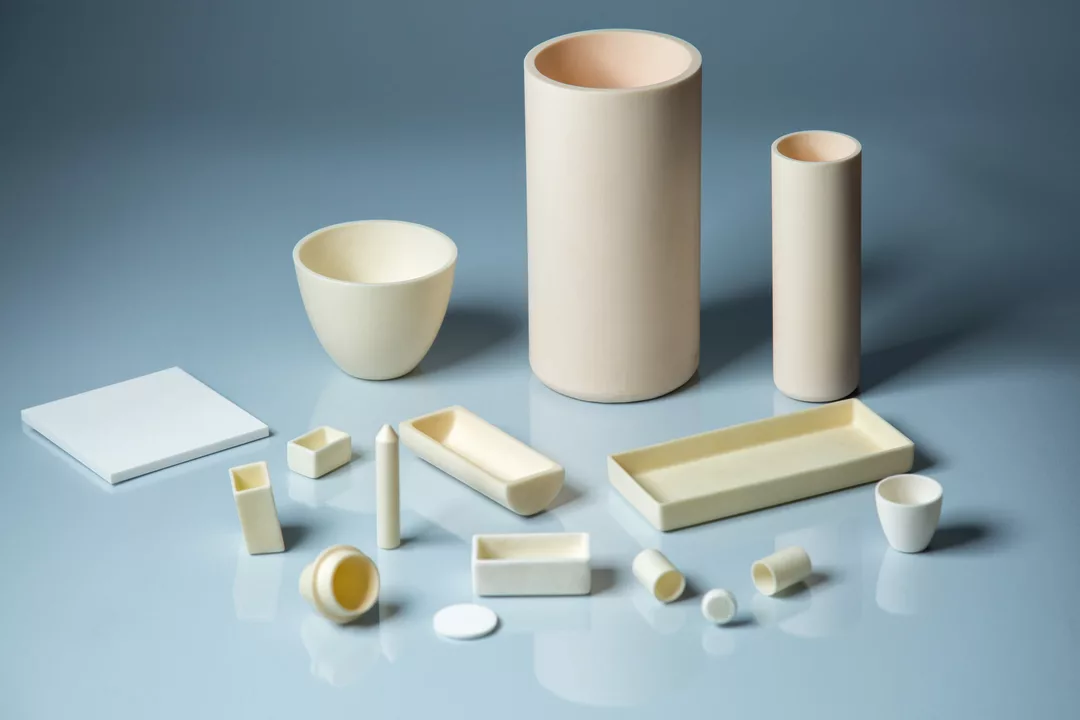Aluminium hydroxide — what it does and when to use it
Aluminium hydroxide is a common ingredient in antacids and some kidney medicines. You’ll also see aluminium salts used as vaccine adjuvants, but that’s a different form and dose. If you’re using it to calm heartburn, or it’s part of a treatment for high phosphate in kidney disease, this quick guide explains how it works, what to watch for, and simple tips to use it safely.
How it works and main uses
As an antacid, aluminium hydroxide neutralises stomach acid. That gives fast relief from heartburn, indigestion, and acid reflux. For people with chronic kidney disease it’s used as a phosphate binder — it grabs phosphate from food in the gut so less gets into the blood. In vaccines, tiny amounts of aluminium compounds help the immune system respond better, but that’s handled by manufacturers and health services, not something you take at home.
You’ll find aluminium hydroxide in chewable tablets, liquids, and prescriptions. Over-the-counter antacids are handy for occasional heartburn. Prescription formulations for phosphate control are usually taken with meals and monitored by a doctor.
Side effects, interactions and smart tips
Common side effects include constipation and sometimes a feeling of fullness. If you use it a lot, aluminium can bind phosphate and cause low phosphate levels, which may lead to weak bones over time. People with poor kidney function can accumulate aluminium, so doctors usually avoid long-term use in advanced kidney disease.
Drug interactions matter. Aluminium hydroxide can reduce absorption of many medicines: tetracycline and quinolone antibiotics, levothyroxine, iron supplements, and some antifungals. To avoid this, take other meds at least 2 hours before or 4 hours after the antacid unless your prescriber tells you otherwise.
Pregnant or breastfeeding? Short-term use as an antacid is generally considered safe, but check with your midwife or GP if you’re on multiple medicines or using it daily.
Practical tips: chew tablets well or shake the liquid before using. Don’t double up doses to try to get faster relief. If you need antacids more than twice a week, see a doctor — frequent symptoms may need stronger treatment. For phosphate control, stick to the dosing schedule with meals and keep follow-up blood tests as recommended.
If you notice severe constipation, muscle weakness, or persistent stomach pain, contact your healthcare provider. Also tell your prescriber about all your medicines, vitamins, and supplements so they can spot interactions.
Short, practical summary: aluminium hydroxide eases acid and reduces phosphate absorption in the gut. It works fast for occasional heartburn but has interaction risks and side effects if used long term. Use it sensibly, space it from other medicines, and check with your doctor for ongoing use.

